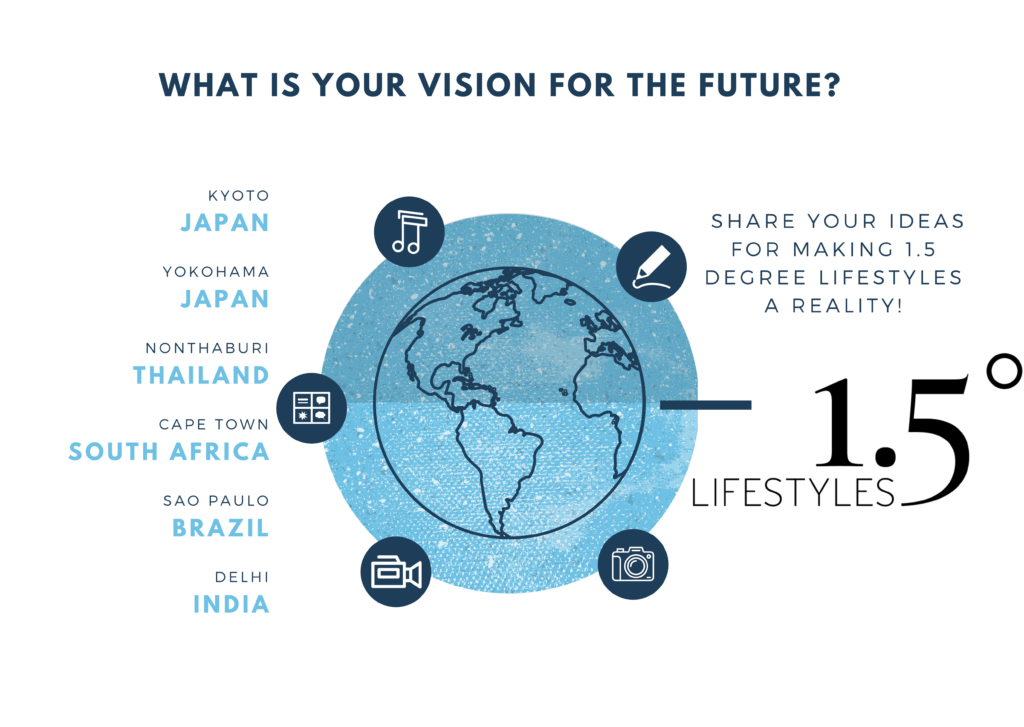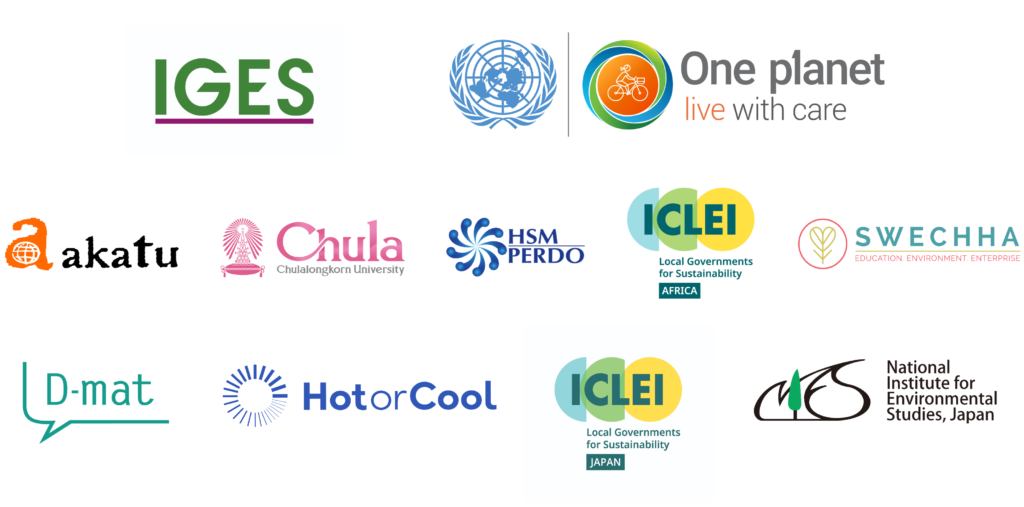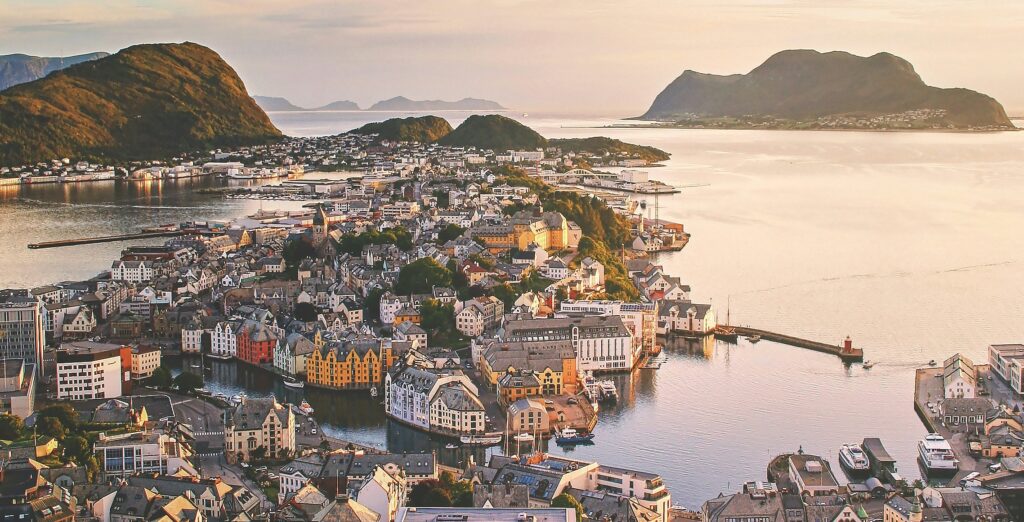Everyone loves a story. That’s it. That is the fundamental truth I wish to impart. It’s an old truth. A ‘tale as old as time’ one could say. (Yes, that was a Disney ‘Beauty and the Beast’ reference…)
Stories have been a hallmark of human civilization for a very long time. Whether we are drawing on cave walls, cheering from the colosseum or binging on the latest Netflix series—it’s all done in the pursuit of a good story, isn’t it? Sometimes stories educate, sometimes they entertain, sometimes they distract…. One could argue that in the modern age, between the bombardment of advertising and the infiltration of social media, we have somewhat morphed into story-gobbling monsters. We love stories so much we need them when we use the bathroom. We cannot seem to get enough of stories.
And maybe that’s a good thing. Because we need a REALLY good story right about now. In the wake of this Covid-19 global pandemic, stories have become a part of our collective survival mechanism. Most streaming services have been reporting record numbers. Trying to limit screen time seems like a laughable premise at the moment. Stories are like a little escape pod that we can hop into to travel to a different reality. And it is, indeed, a different reality that we desperately need.
In October 2020, I virtually attended the European Commission’s EU Green Week and I found one session particularly poignant. In the ‘The power of people’ session, Claire Tavernier talked about how stories matter. She pointed out that in western cultures, the tale of ‘Little Red Riding Hood’ is a narrative to educate children about ‘Stranger Danger.’ She urged us to engage with the story-telling community to create the equivalent of Little Red Riding Hood for Climate Change and Sustainable Lifestyles. I was cheering in my living room when she said this. I could not agree more! What we need now, more than ever, is a collection of stories on how life could be. How can we build a new system if we can’t imagine it first?
The issue is complex. And daunting. Lewis Akenji mentioned Climate Anxiety in ‘Poor Solutions for Climate Change,’ and it was a relief to hear that I am not alone. Climate Anxiety makes it easy to fantasize about putting one’s head in the proverbial sand. ‘Maybe this whole thing will just pass.’ ‘Maybe the right technology will be invented.’ ‘Maybe this isn’t my problem.’ Sigh.
But the science is so clear it is inescapably uncomfortable. IT IS OUR PROBLEM. And it is our problem NOW. According to the 1.5 Degree Lifestyles report analysis, if the remaining total budget was distributed equally among everyone, the target for reducing lifestyles carbon footprints per year will be 2.5 tons of CO2 equivalence per person by 2030, and down to 0.7 tons by 2050! (IGES et al, 2019)
WHOA! That this is up to a 93% reduction of current consumption levels! The thought seems too heavy to even try to fully grasp. How are we going to manage? How are we going to keep climate change within 1.5 degrees Celsius as per the Paris Agreement?
We can start by sharing our stories. Stories can heal. Stories can inspire. Stories can create an alternate reality. It is time to use the power of the escape pod to try and tell the most important story of our age: our vision for the future.
If you have ever thought about this and you have any ideas for how we can redefine our way of living—we would love to hear them! In 6 cities around the world, as part of the ‘Future Lifestyles’ project, citizens have started the process of working to build a new way of life, a 1.5 Degree Lifestyle, within the target carbon budget. Everyday people have conducted experiments in their own households where they actually test living with the carbon budget! You can see a list of the options that they selected from (as well as suggested adoption rates) in the preliminary findings from their trials here! What do you think? Do you agree with what fellow citizens in Cape Town, Kyoto, New Delhi, Nonthaburi, São Paulo, and Yokohama have chosen?
What is your story? What is your vision for the future? If you hopped into your escape pod, where would it take you? How would Food, Housing, Transportation, Consumer Goods & Services, and Leisure look in your future vision?
You can share something that explores the premise of changing our way of living to a 1.5 degree lifestyle from your existing portfolio OR create a totally new vision. Photo essays, short films, animations, infographics, comics, magazines, illustrations, music videos… they are all welcome!
Just enter the ‘1.5 Degree Lifestyles: Our Visions of the Future’ contest by the 15th of April for a chance to have your future vision featured in a virtual exhibition! The top future vision received will win a micro-grant of $2000 USD to help you make your vision closer to reality. Up to 3 prizes will be awarded city!
Power up your escape pod and share your vision for the future!








